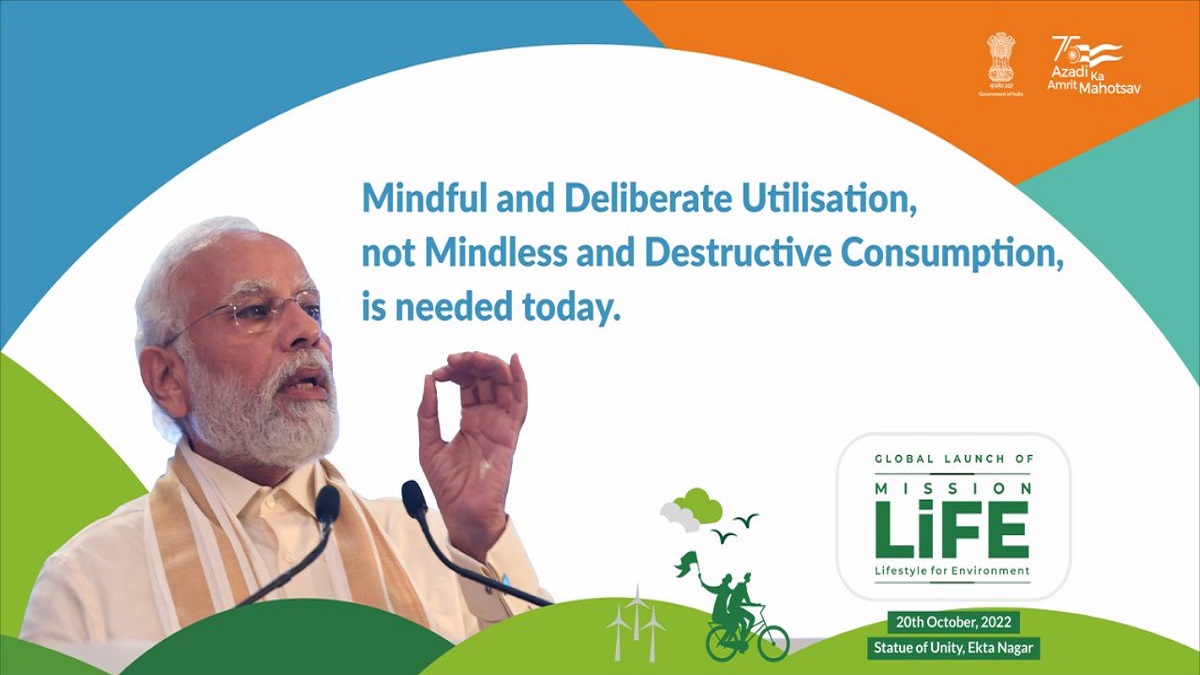Syllabus: GS-2, Polity & Governance
Prelims: E-vehicle policy
Mains: EV sector in India
Context:
The government approved the E-Vehicle Policy to promote India as a manufacturing destination for EVs.
Details:
The scheme has been approved to promote India as a manufacturing destination so that e-vehicles (EVs) with the latest technology can be manufactured in the country.
The policy is designed to attract investments in the e-vehicle space by reputed global EV manufacturers.
The policy entails:
Minimum investment required: Rs 4150 Cr (∼USD 500 Mn)
There is no limit on the maximum investment
3 years for setting up manufacturing facilities in India, starting commercial production of e-vehicles, and reaching 50% domestic value addition (DVA) within 5 years at the maximum.
Domestic value addition (DVA) during manufacturing: A localization level of 25% by the 3rd year and 50% by the 5th year will have to be achieved.
The customs duty of 15% (as applicable to CKD units) would be applicable on vehicles of minimum CIF value of USD 35,000 and above for a total period of 5 years subject to the manufacturer setting up manufacturing facilities in India within three years.
The duty foregone on the total number of EVs allowed for import would be limited to the investment made or ₹6484 Cr (equal to incentive under the PLI scheme) whichever is lower.
A maximum of 40,000 EVs at the rate of not more than 8,000 per year would be permissible if the investment is USD 800 Mn or more.
The policy is expected to:
Provide Indian consumers with access to the latest technology
Boost the Make in India initiative
Strengthen the EV ecosystem by promoting healthy competition among EV players
Achieving a high volume of production & economies of scale
Lower the cost of production
Reduce imports of crude oil
Lower trade deficit
Reduce air pollution, particularly in cities
Create a positive impact on health and the environment
#CURRENT AFFAIRS#UPSC/BPSC#E-Vehicle Policy





